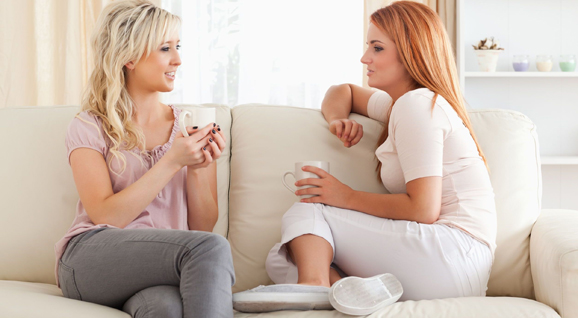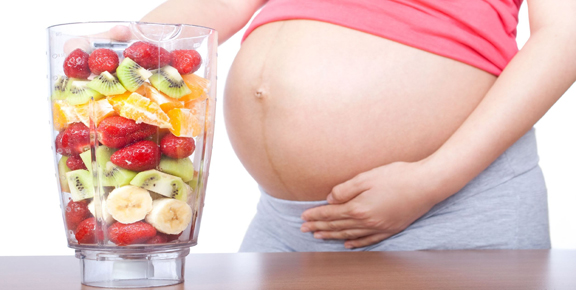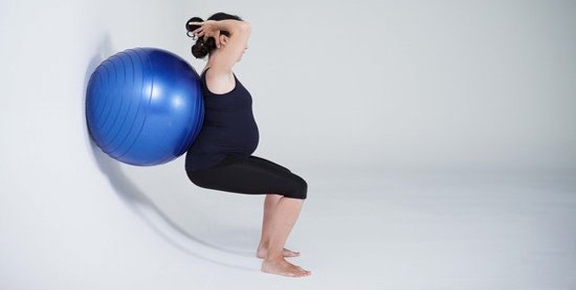Vaginal candidiasis is an extremely common fungal yeast infection of the vagina. This condition is also referred to as vaginal thrush, candidal vulvovaginitis, and vaginal yeast infection. These infections are named after the Candida albicans fungus, as that’s what causes them. Normally, the Candida yeast or fungi are a part of the usual vaginal flora just like the healthy lactobacilli. However, the lactobacilli help keep the Candida in very small numbers to maintain a healthy pH and environment in the vagina. The problem arises when this balance tips towards the Candida and they grow in abnormally high numbers, thus resulting in the vaginal irritation, itching, and odorless discharge, classic signs of a vaginal yeast infection.
This is one of the most common and frequent vaginal infections in women. As many as 20% of the women experience a vaginal yeast infection every year and around 5% are affected by this infection at least thrice in a year, while a significant 75% are likely to experience it at least once in their lifetime. Most women experience a worsening in their symptoms or a new vaginal thrush infection around their periods.
Causes of Vagina Candidiasis
Vaginal yeast infections are a direct outcome of excessive colonization or growths of Candida albicans. However, the actual causes or factors that result in an increased growth of this fungus are yet unknown. Even so, several risk factors likely to help Candida thrive in the vagina to attain abnormal levels have been acknowledged. Taking note of these factors is also important in the prevention of recurrent vaginal yeast infections in women who are susceptible to them.
* Medications:
Antibiotics and particularly broad-spectrum antibiotics destroy the good bacteria or the lactobacilli subsequently causing the Candida to thrive. Hence, a course of antibiotics is very likely to result in a vaginal yeast infection. In fact, nearly 30% of the women, who undergo treatment with oral antibiotics, end up with this infection.
* Pregnancy:
Pregnant women are usually at an increased risk of developing vaginal candidiasis, mainly because of increased estrogen levels. This hormone allows the Candida to flourish leading to frequent vaginal yeast infections in pregnancy.
* Underlying diseases:
Diabetes Mellitus and conditions like HIV/AIDS and chemotherapy that may result in a compromised immunity often result in frequent vaginal yeast infections too. Poor sugar control among diabetics is a common risk factor for frequent candidial infections. As for the conditions that result in a compromised immunity, the frequent vaginal yeast infections mainly arise because the body isn’t capable to fight the infections thanks to a poor immune system.
Symptoms of Vaginal Candidiasis
The symptoms of vaginal candidiasis are characterized by itching in and around the genitals. This is the most common and most frustrating of its symptoms. However, a woman may also experience one or more of the following symptoms when affected by a vaginal yeast infection.
* Vulval and vaginal itching
* Soreness and irritation of the vulva
* Painful urination
* Pain during intercourse
* Translucent or white discharge that is generally odorless. The discharge sometimes also appears thick and lumpy like curd or cottage cheese
* Very rarely, severe vaginal thrush infections may also cause swelling or edema of the vulva with severe redness and cracked skin
How is Vaginal Candidiasis Treated?
The treatment regimen for vaginal candidiasis is quite straightforward. It mainly involves topical or local application of anti-fungal ointments sometimes coupled with oral administration of anti-fungal medications. Genreally, treatment with azoles topically is much more successful than using nystatin for this purpose. Butoconazole, miconazole, clotrimazole, tioconazole, and terconazole are some of the azoles that are frequently found in the topical suppositories, creams, and ointments used to treat vaginal candidiasis. A single dose of flucanazole taken orally along with the local applications is often used successfully to get rid of these infections too.



Recent Comments